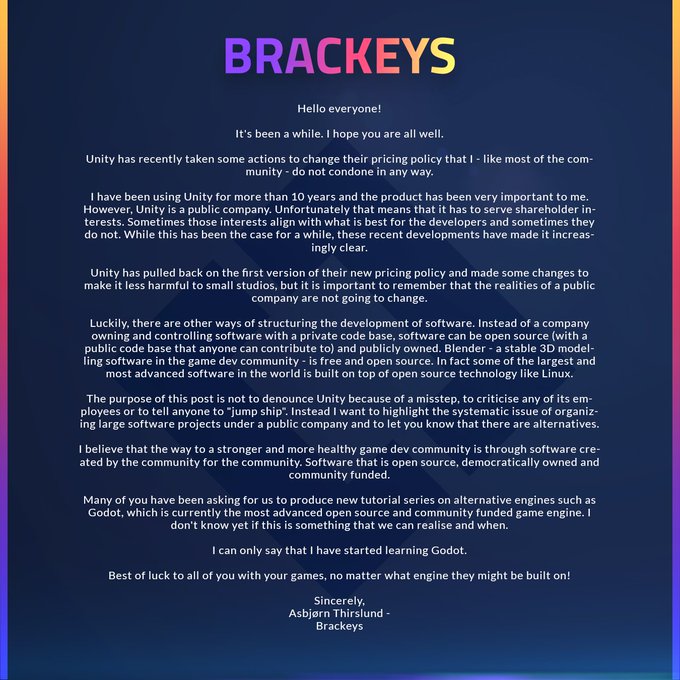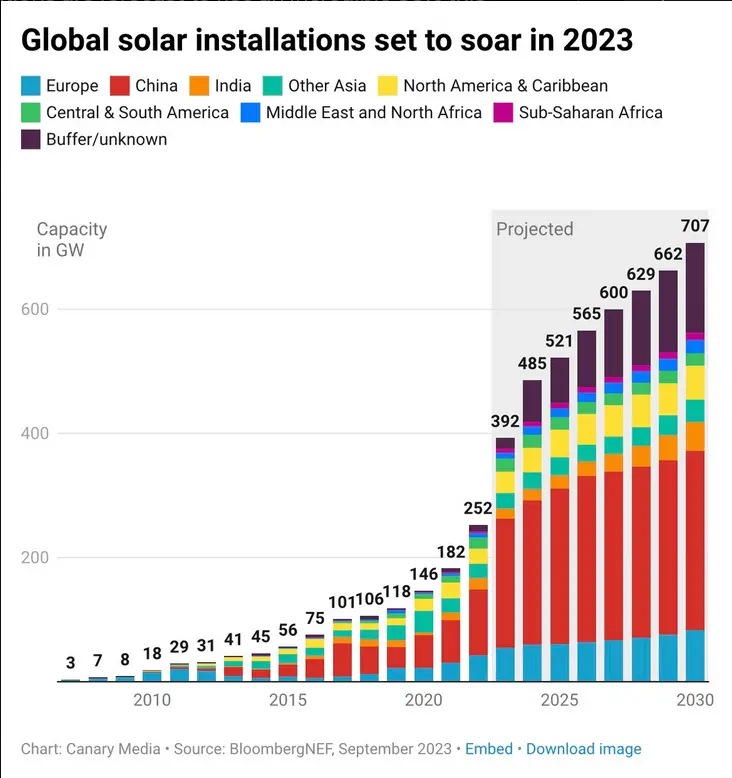Alright, thanks! I think I understand where you're coming from, and can relate. I'm an ex-Christian, although I guess for ex-Muslims this process is a whole other beast.
And yes, I know exactly what you mean about culture and critique - as an leftwing, anti-theist leaning atheist, I often have to cringe about my peers. It feels like false romanticizing, like we did with native americans, or other falsly understood cultures. So many things which I despise in fascism are also present in strict Christianity and strict Islam. Although luckily, very few people take their religion seriously here. So our religious nutjobs are a fringe minority and can mostly be ignored.
Refugees welcome, but I hate it when they try to establish religio-fascist areas here, spewing hate and all their nonsense, occasionally killing someone. I mean, if you want to live like that, go back. If you like our way, be welcome.
Yeah, a sensitive topic which can easily trigger people. I try not to care about the boxes they try to put me in. And I absolutely love the freedom of speech we have here. I don't want that be ruined by migrants who think they speak for Allah, nor by leftists who think every minority shares their values. Like I was one of them. In my youth, with coloured hair and ragged clothes, I was regularly beaten up by (almost exclusively) migrants. Created quite some cognitive dissonance, some effort to justify their deeds, like worse socioeconomic status blabla. Truth is, many people are quite "conservative", naturally more so in less liberal countries of origin. And still, I vote and speak for open borders. Our society must find better ways than building walls. This issue is challenging European core values, with at least two ways to erode the values; we can lose them by allowing hostile subcultures to grow, or we can lose them by closing us off to the outside.
Good lord, 6 years. Poor Aisha. I guess my brain was happy to forget that detail.
So thanks again for this exchange. Stay safe.


What's up with the wiggeling, is the camera dangling from a balloon?
I guess if drones can fly into doors on moving targets, an observation drone should be able to hold relatively still.